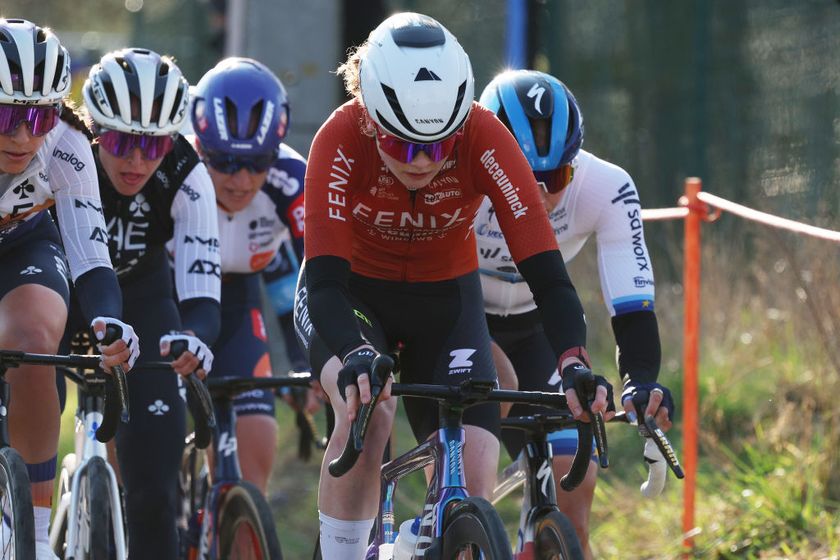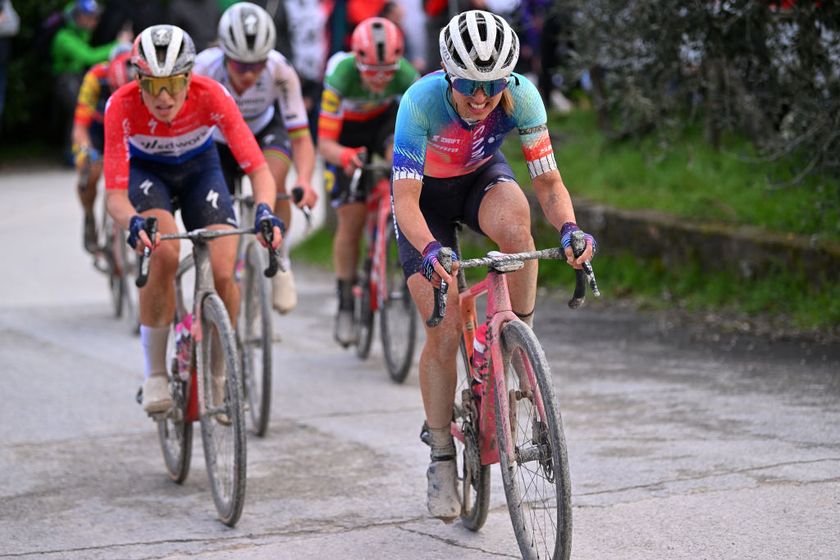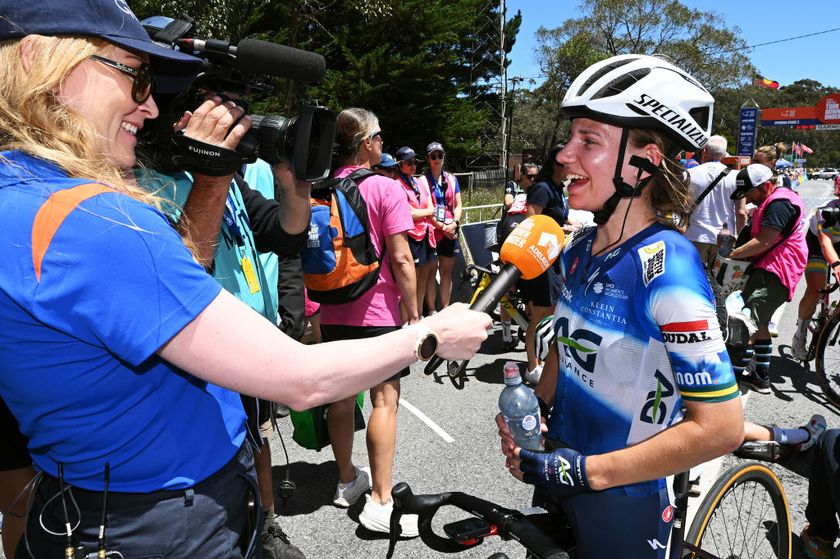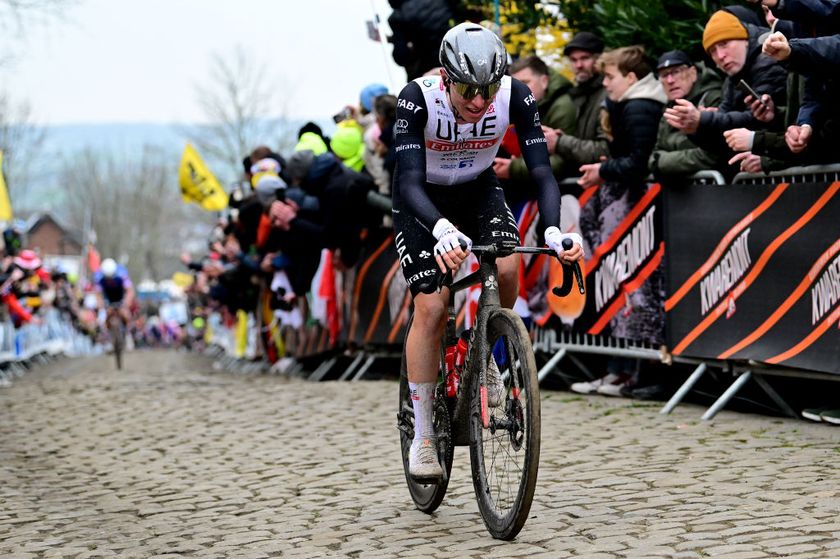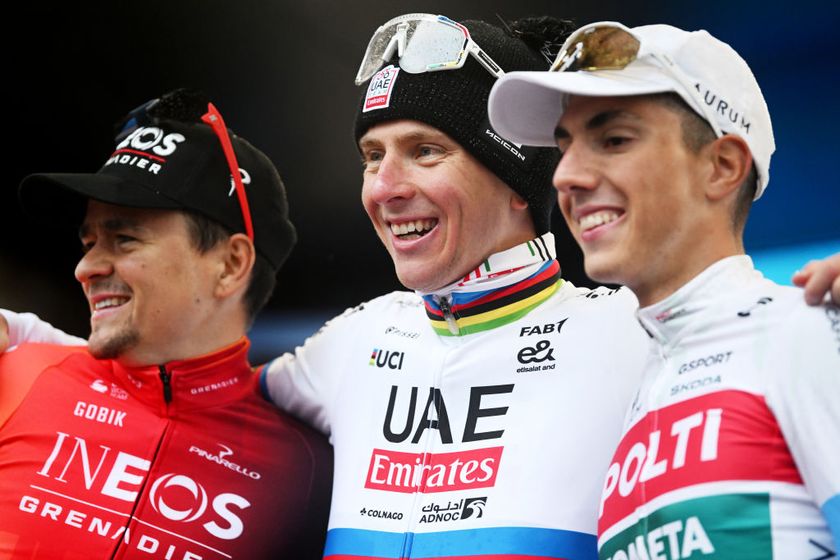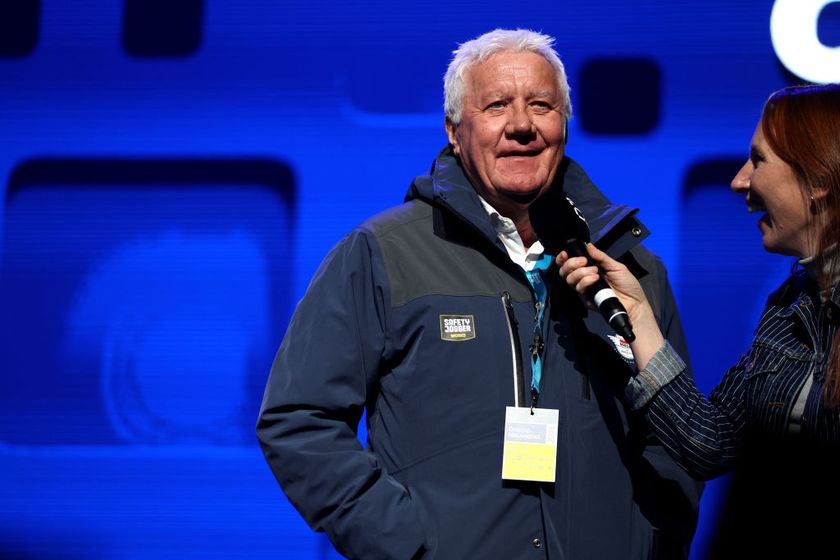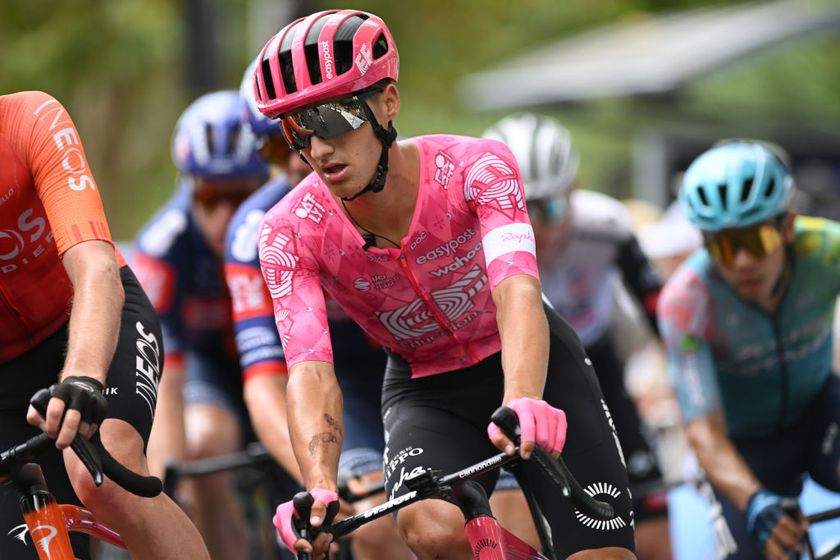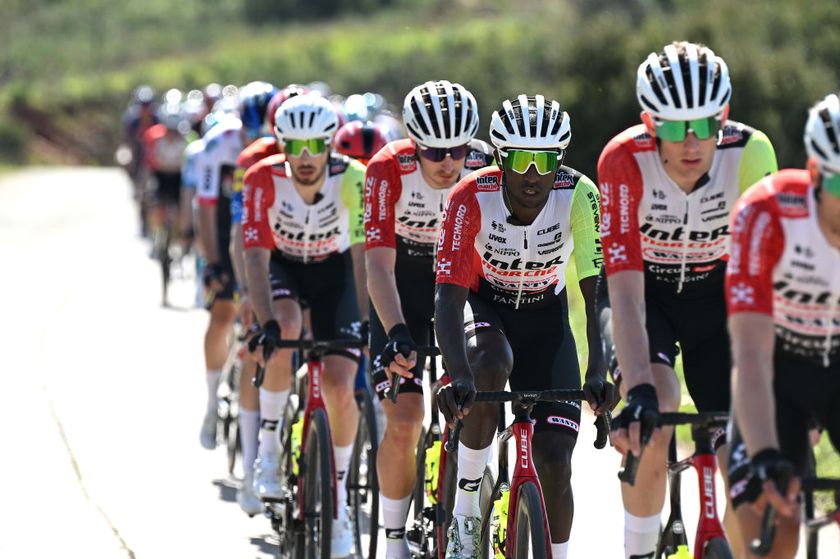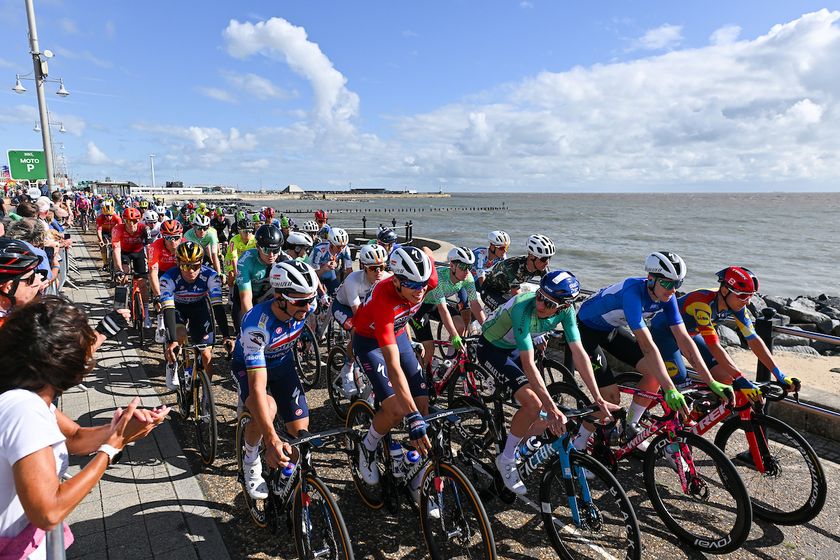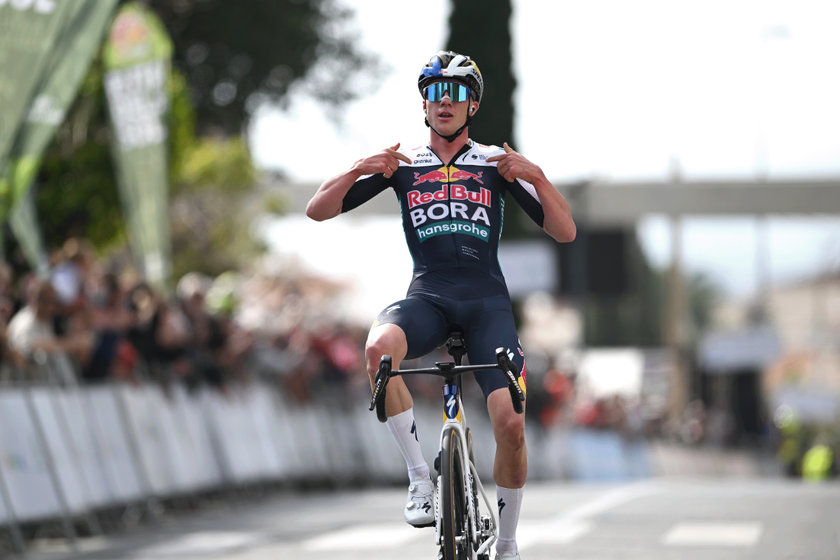16 local groups join USA Cycling's RaceClean program
Grassroots anti-doping effort expands
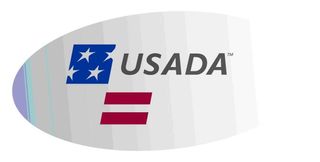
On January 21st USA Cycling publicly announced that 16 local associations, which comprise 70% of its membership, have joined the RaceClean program. The program, which is entering its second year, is aimed at local associations and offers matching funds - up to $3500 - to pay for anti-doping controls at local events.
RaceClean participants include some of USA Cycling's largest districts: New York, California, Colorado, Illinois, and New England. The testing portion of RaceClean is composed of three different initiatives: local association testing, and the in-competition testing and out-of-competition/no advance notice list that are primarily aimed at regulating the professional ranks and national championships. The cost of these two programs is funded through several sources including participating events, professional teams, donations, and USA Cycling.
The total budget for RaceClean varies, but it runs approximately $270k, depending on the number of races, teams, and local associations that participate in a given year. According to Shawn Farrell, USA Cycling's Technical Director, most of the budget is focused on in-competition testing, which is carried out by the US Anti-Doping Agency (USADA) at major events such at national championships, UCI cyclo-cross races, and the National Criterium Calendar and National Racing Calendar events.
The most unique aspect of RaceClean is the grassroots leg of the program. If a local association decides to join, USA Cycling will provide matching funds for one or two days of testing at events within that racing district. A local association can choose between two price points, $1750 for one day of testing, or $3500 for two days of testing. USA Cycling then provides matching funds, through RaceClean, to cover the full cost of testing. In an agreement negotiated with USADA, RaceClean matches the local associations' payment in order to pay the full $3500 for a single day event, or $7000 for two days.
The limiting factor in testing at the local level is not the will or desire to test, but cost. Testing for up to six riders at a one-day event runs close to the $3500 fee, which is the cost negotiated under the USA Cycling/USADA RaceClean contract. According to USA Cycling's Shawn Farrell, increasing the scope of the program will require time, and more importantly, better funding. "It is going to grow I'm sure," said Farrell about the future of RaceClean's grassroots initiative. "But to make it really, really big we need to look at ways of financing on a whole new level."
In its current form, RaceClean will only cover a total of one or two days of testing. Should a local association desire more events or riders to be tested, they are free to do so, but will need to foot the bill on their own.
The idea of a concerted testing at the local level is not new. Fed up with concerns about doping at the masters level, several Florida cyclists implemented the Florida Clean Ride Fund in 2012. The privately funded program, spearheaded by Jared Zimlin and Ryan Saylor, raised enough money to carry out 13 individual tests over three events in its first year. The focus of Clean Ride's testing efforts is primarily targeted at elite and masters events, and has resulted in at least three separate USADA sanctions, including the suspension of Yoelkis Aria last fall.
Get The Leadout Newsletter
The latest race content, interviews, features, reviews and expert buying guides, direct to your inbox!
Zimlin, now president of the Florida Bicycle Racing Association, feels that programs like Clean Ride and RaceClean, don't just catch cheaters but help to restore credibility within the racing community. "The double effect of testing is that it also validates results," said Zimlin. "We've had riders from Florida, that have been tested, like David Guttenplan (AG Bicycles/Guttenplan Coaching), who finished in the overall top ten in the National Criterium Calendar."
Though limited in scope, the program has been well received amongst the participating associations. New York State Bicycle Racing Association president Jeff Poulin, who is also the race director for the Chris Thater Memorial Criterium, is optimistic about RaceClean's future. "I'm a big fan of the RaceClean program and NYSBRA is a huge fan of the program," said Poulin. "I would like to see it expand, and I would also like it to see it have a positive impact on amateur level racing."
